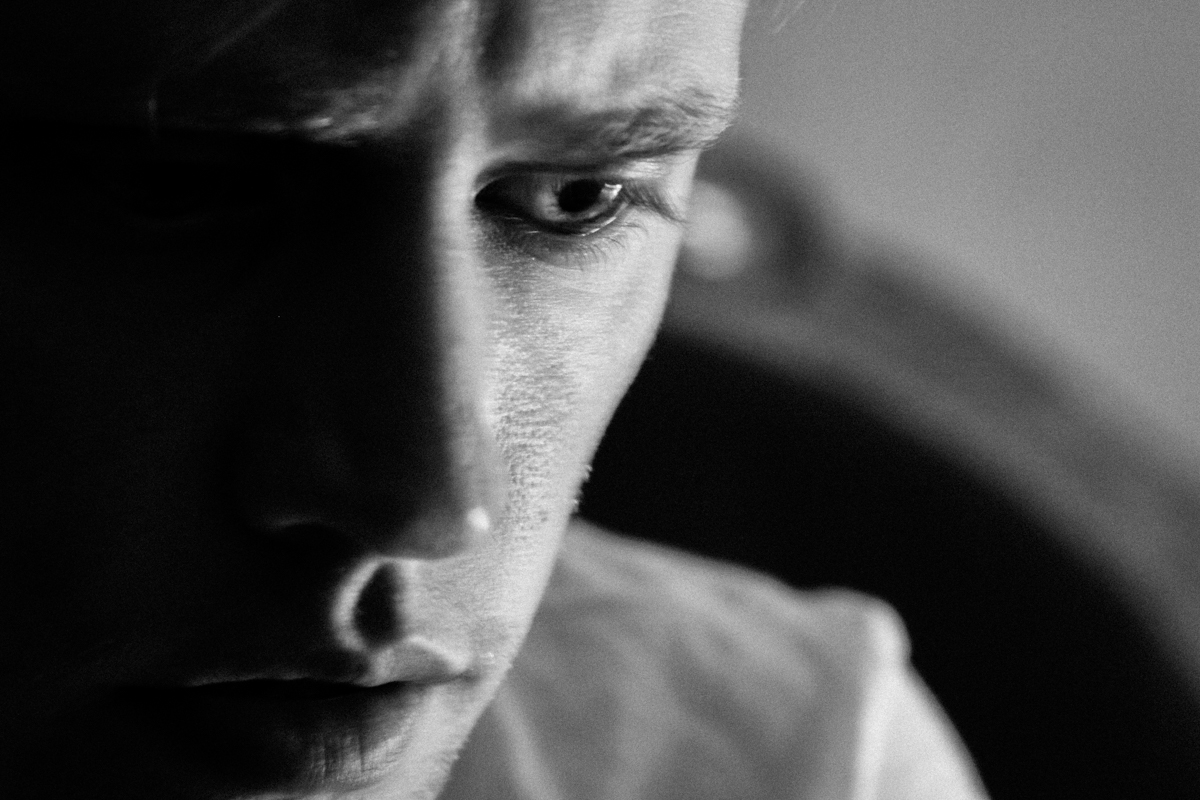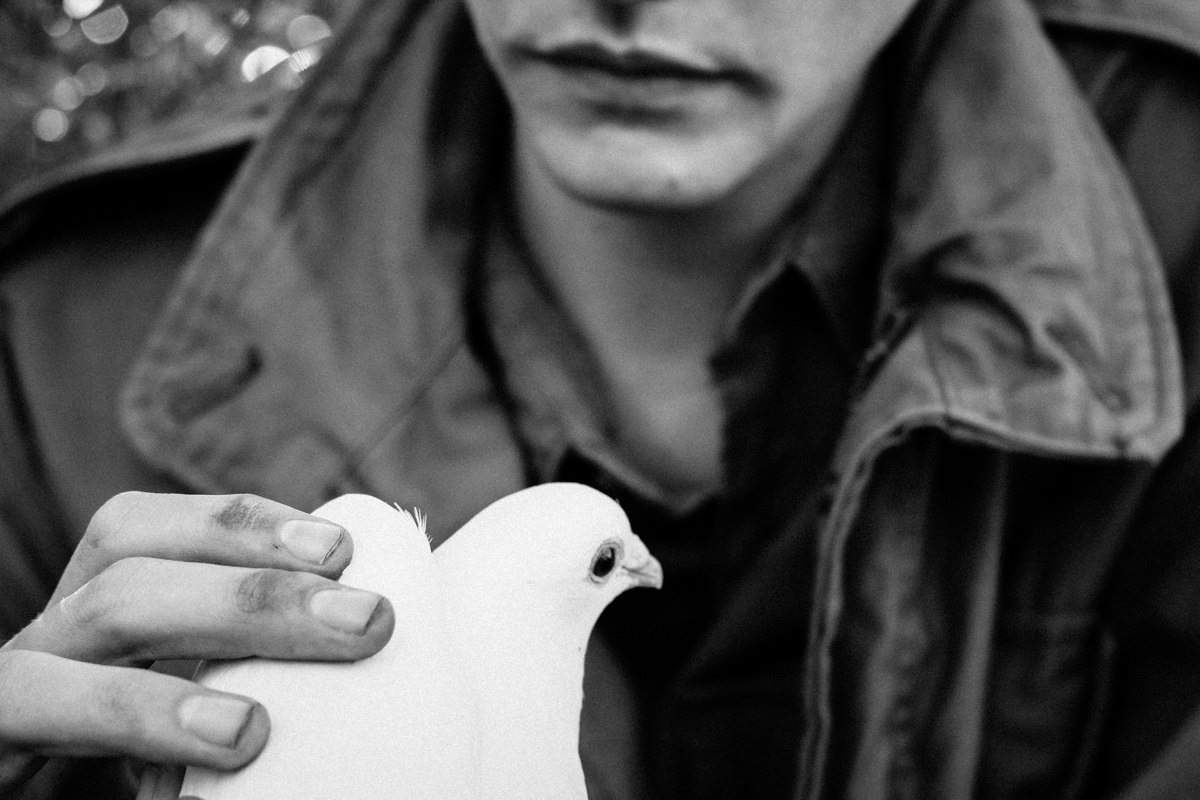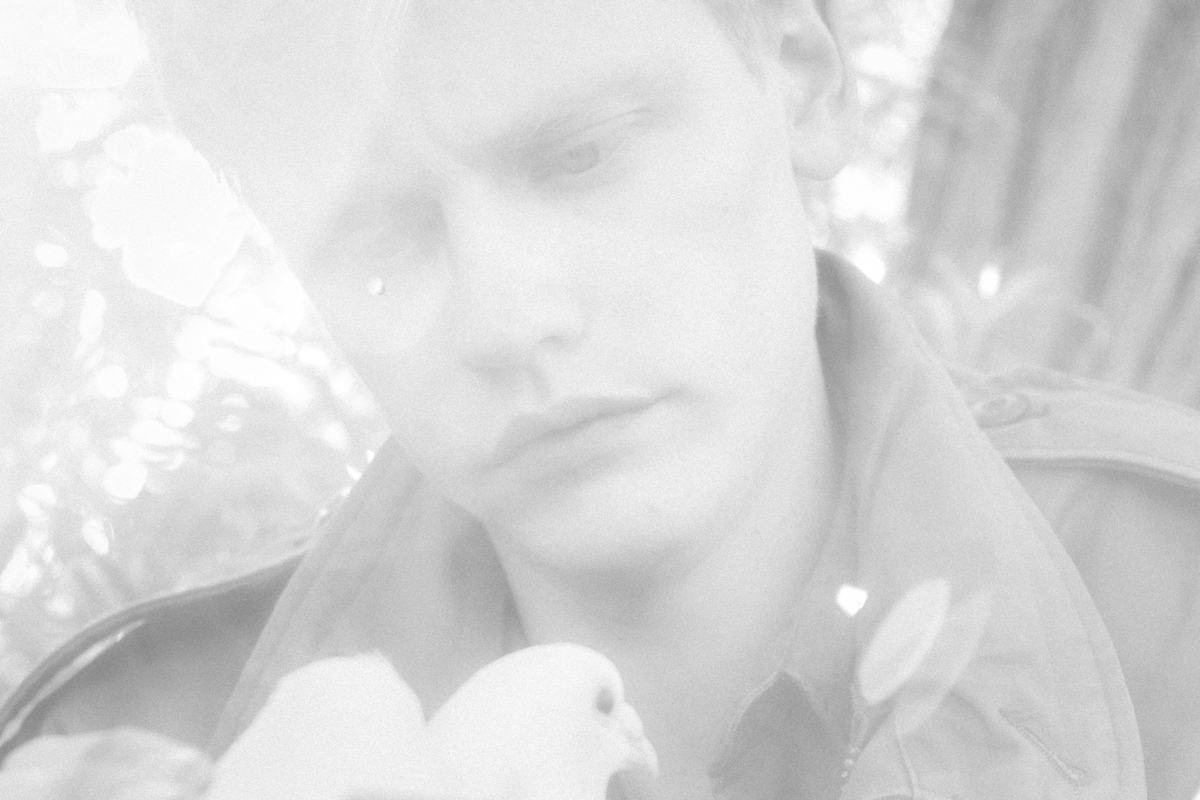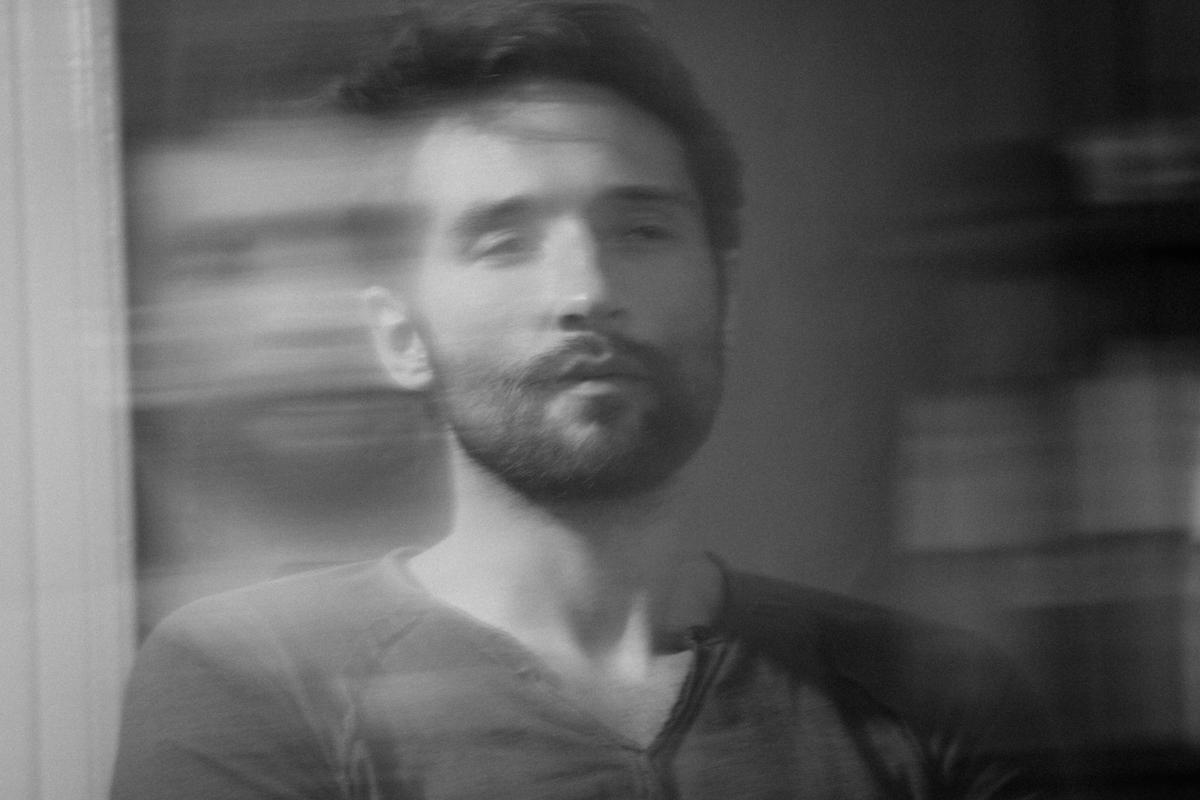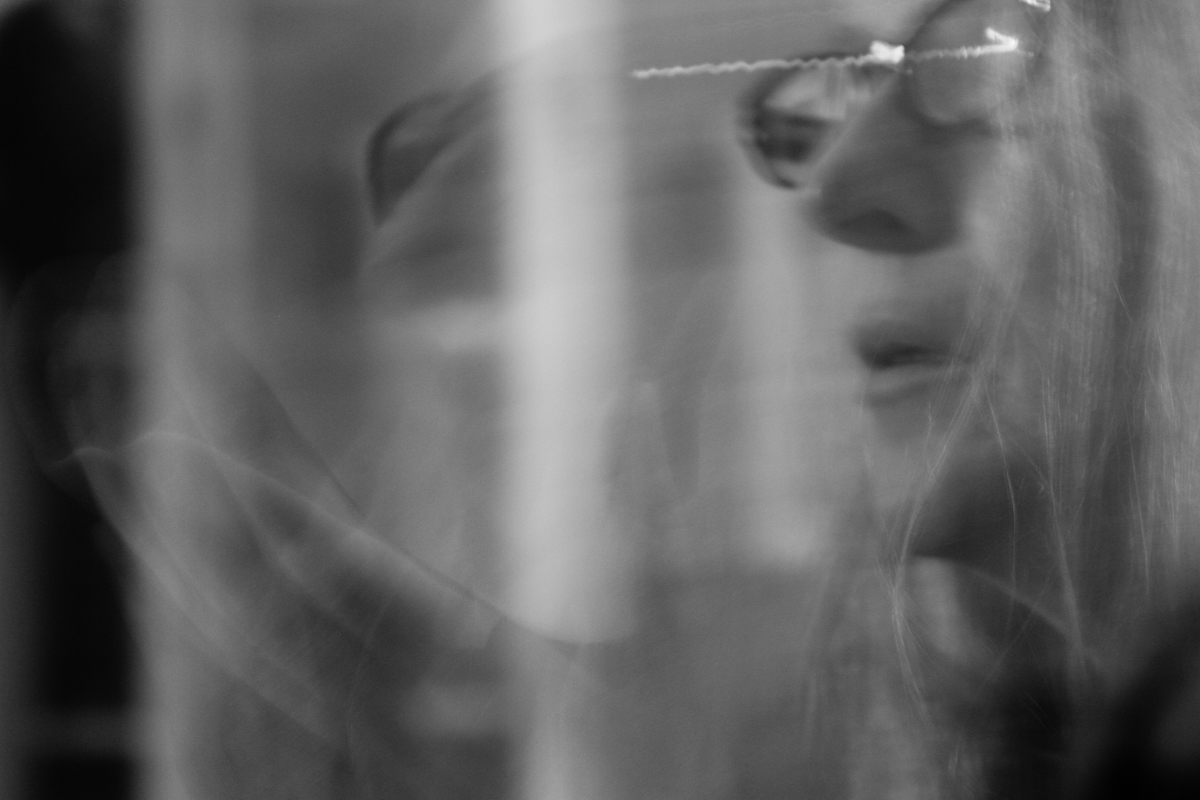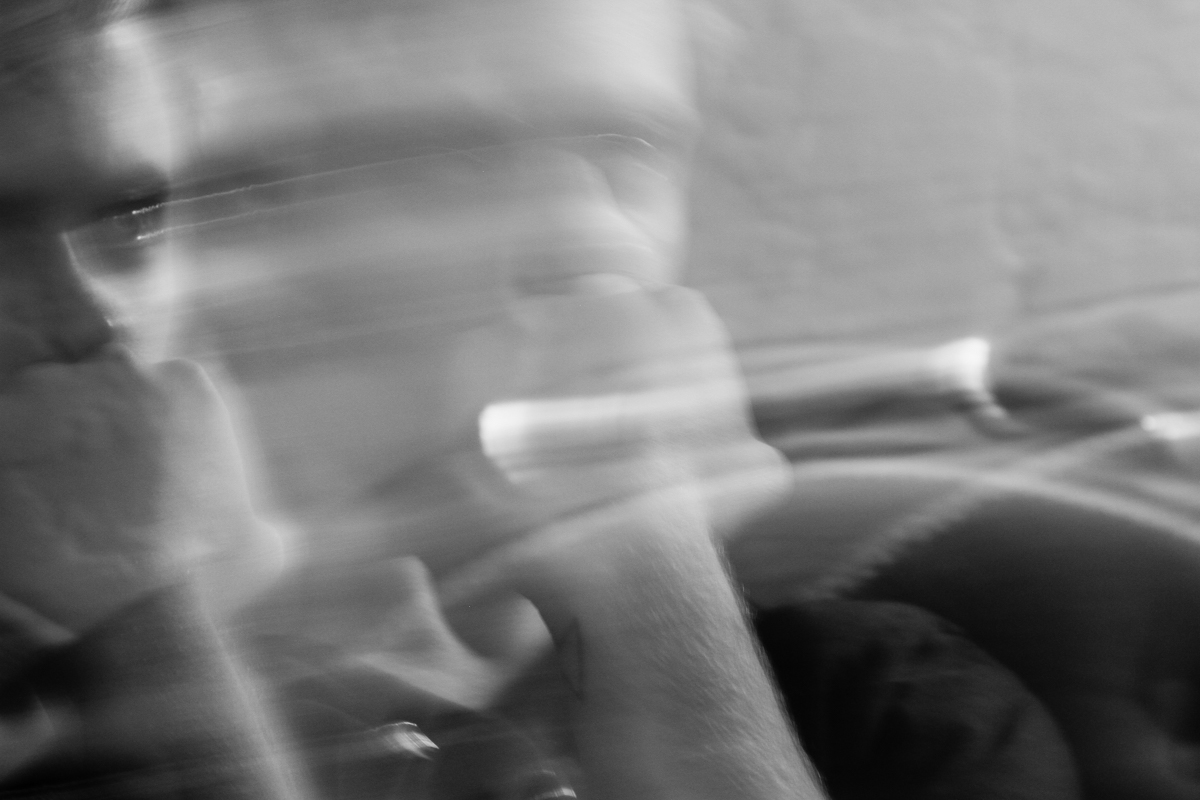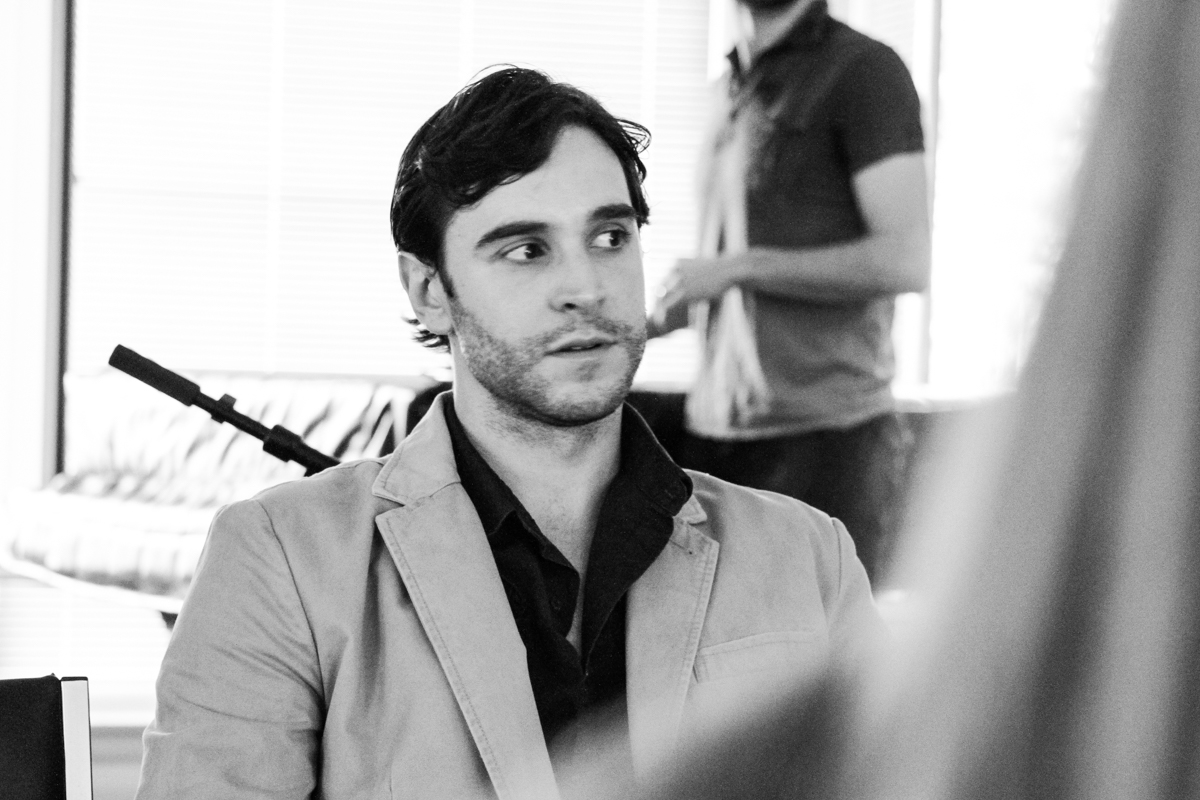BLOOD ON THE CAT'S NECK BY RAINER WERNER FASSBINDER
translated by Denis Calandra | directed by Kaća Čelan | scored & produced by Tajna Tanović
MARCH 8, 2014 - 4PM & 8PM / GOETHE-INSTITUT LA
An autodidact, just like Kubrick, Fassbinder was a passionate writer, an original actor and an opulent director all in one. He was a rebel with a cause and a moralist, a merciless social critic, the extended cry of the 1968 student revolution, which in Germany arose out of the most specific reason: the rebellion against fathers hiding their Nazi past. With his texts, theater shows and films, “the genius monster”, as they would call him, revealed the face of truth about post-WWII Germany.
During his short but turbulent artistic 37-year-long life (he didn’t have a private life and had turned his collaborators into his family and his mother into his accountant and actress), Fassbinder wrote 17 theater plays, about 40 screenplays, directed 44 films, produced 5, was director of photography for 2 and acted in numerous productions.
“My films and everything I do is about people’s difficulties with their relationships.” - Fassbinder’s main obsession has become the principal disease of the 21st century. Despite omnipotent ways of communication, people have become even more isolated and alienated. "Blood on the Cat's Neck" describes a small-talk world featuring nine representative characters: the Girl, Model, Mistress, Dead Soldier's Wife, Butcher, Lover, Teacher, Soldier and Policeman. The outsider Phoebe Zeitgeist, an alien, was inspired by Michael O'Donoghue’s and Frank Springer’s comic from the 60s.
The Theater TAS performance of “Blood on the Cat's Neck” in Los Angeles continues Fassbinder’s complexity by highlighting both the theater and film acting traditions, while treating the play as theater within film and the screen as film within theater, and using the camera as a participant in the action and the audience as witnesses.
Kaća Čelan - West Hollywood, December 2013
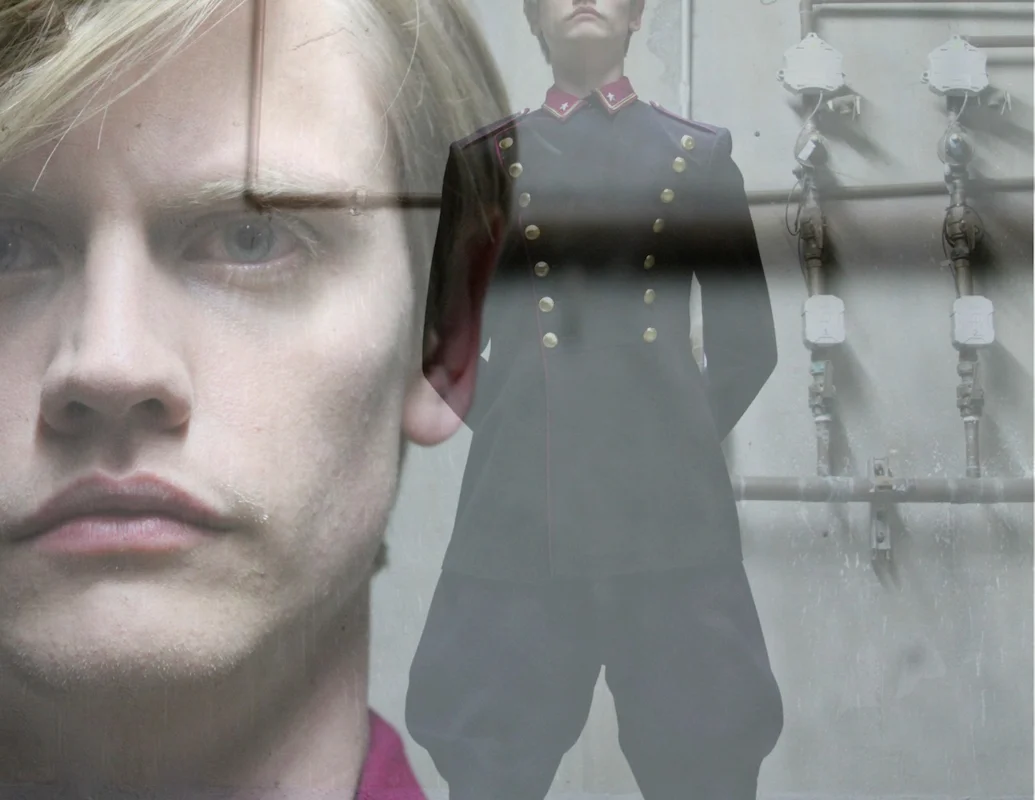
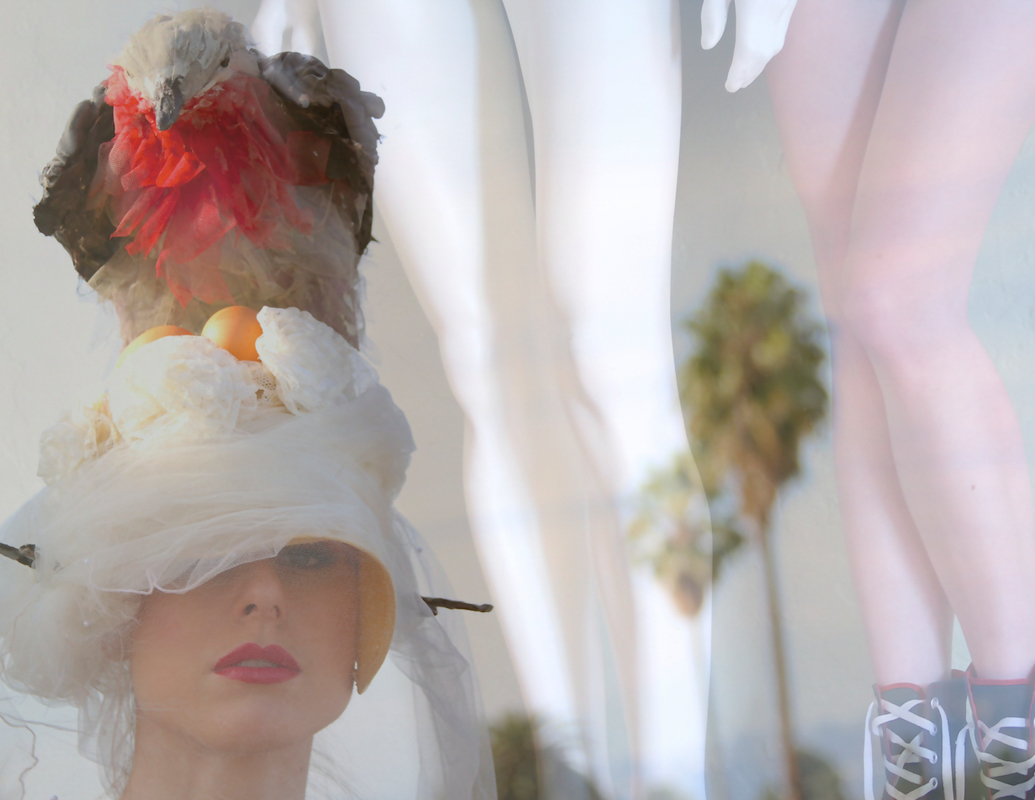
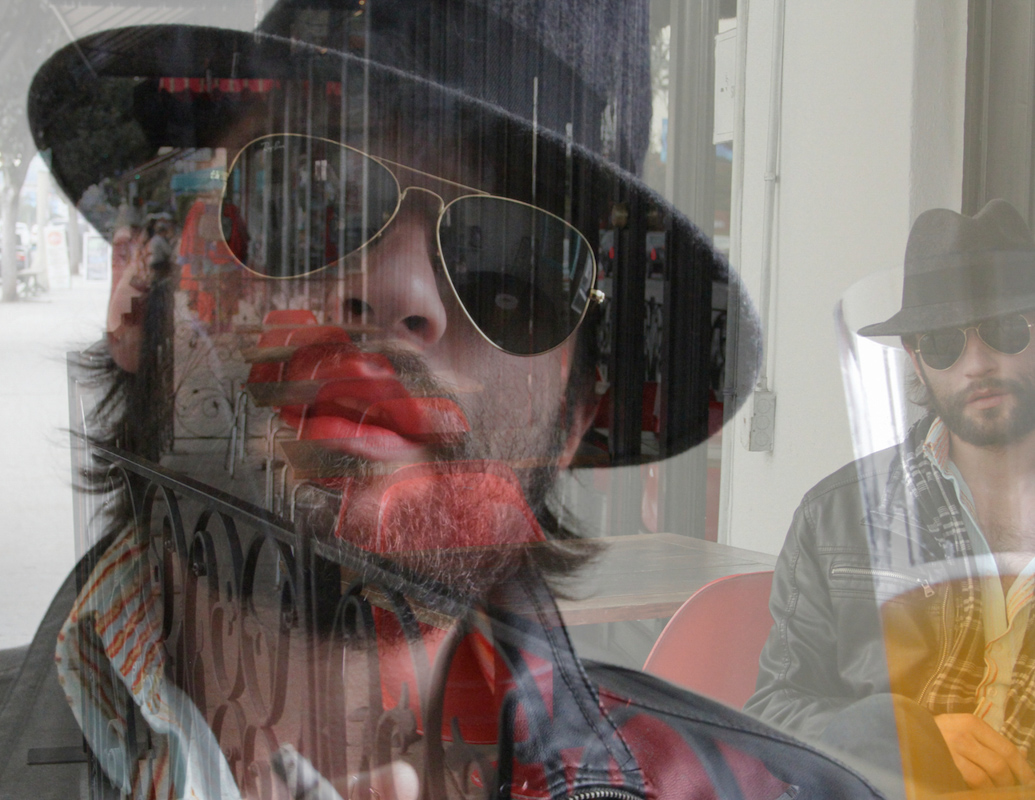

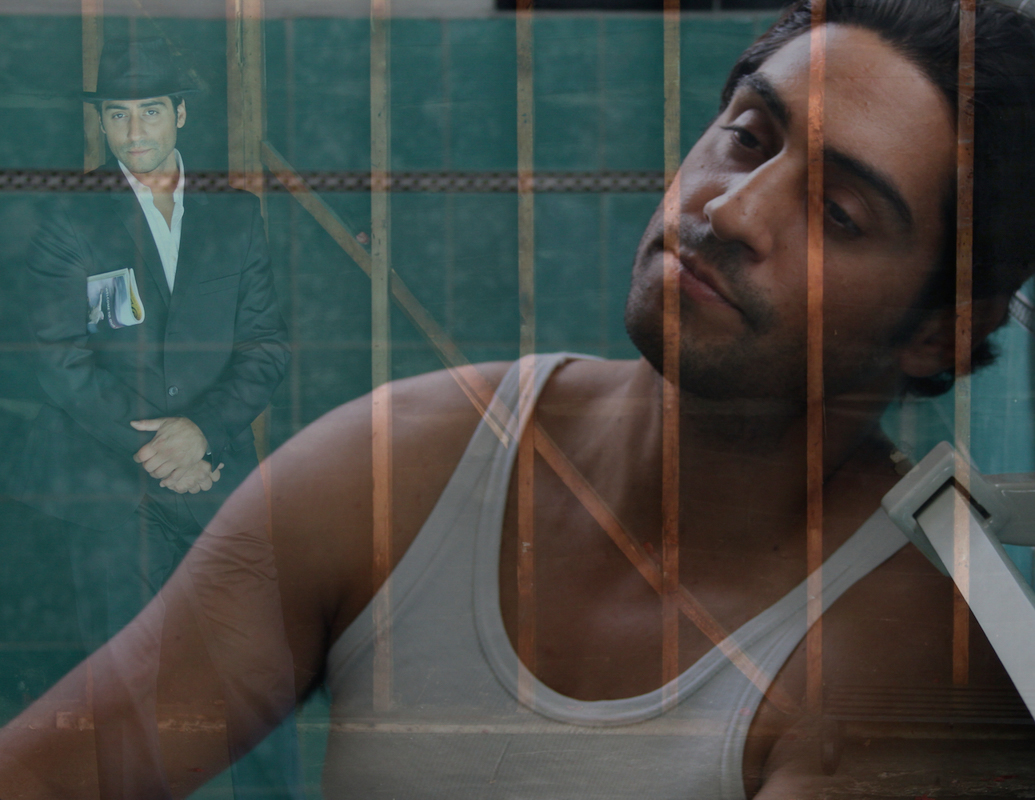

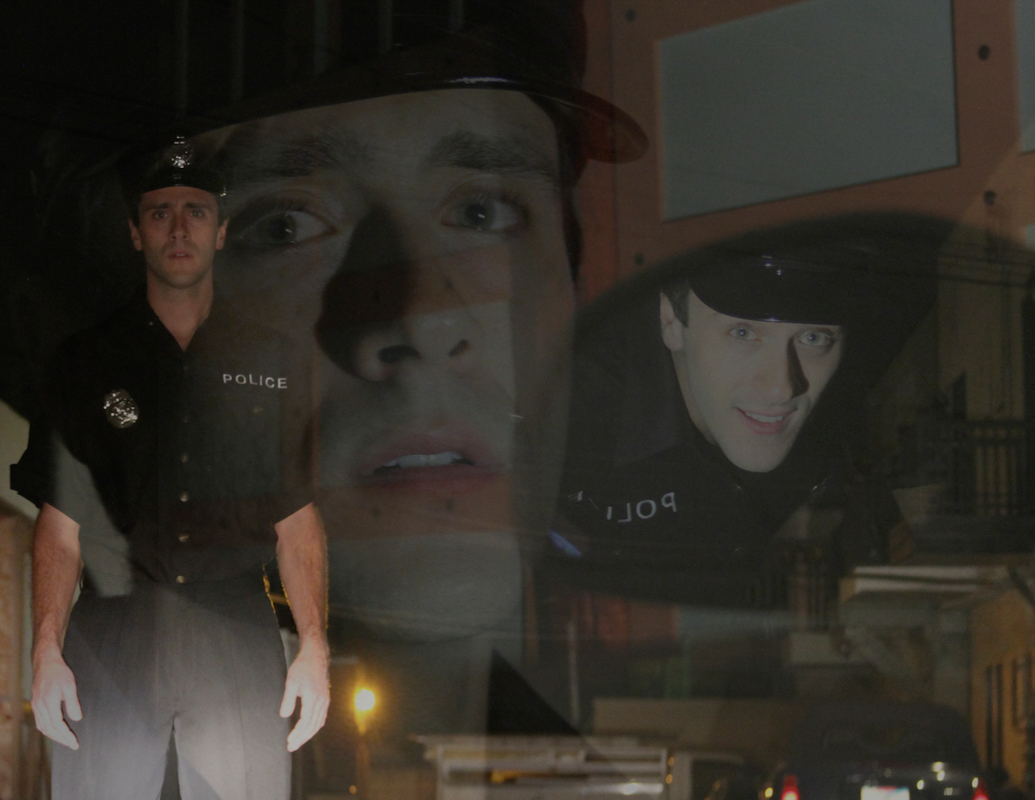

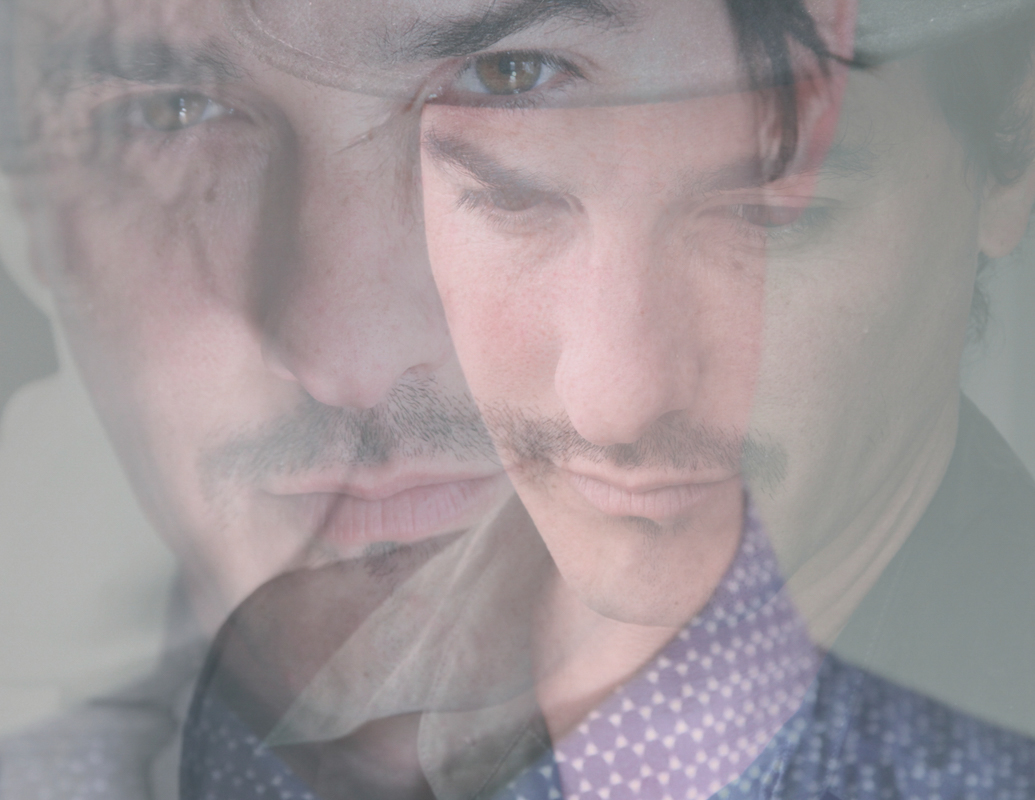
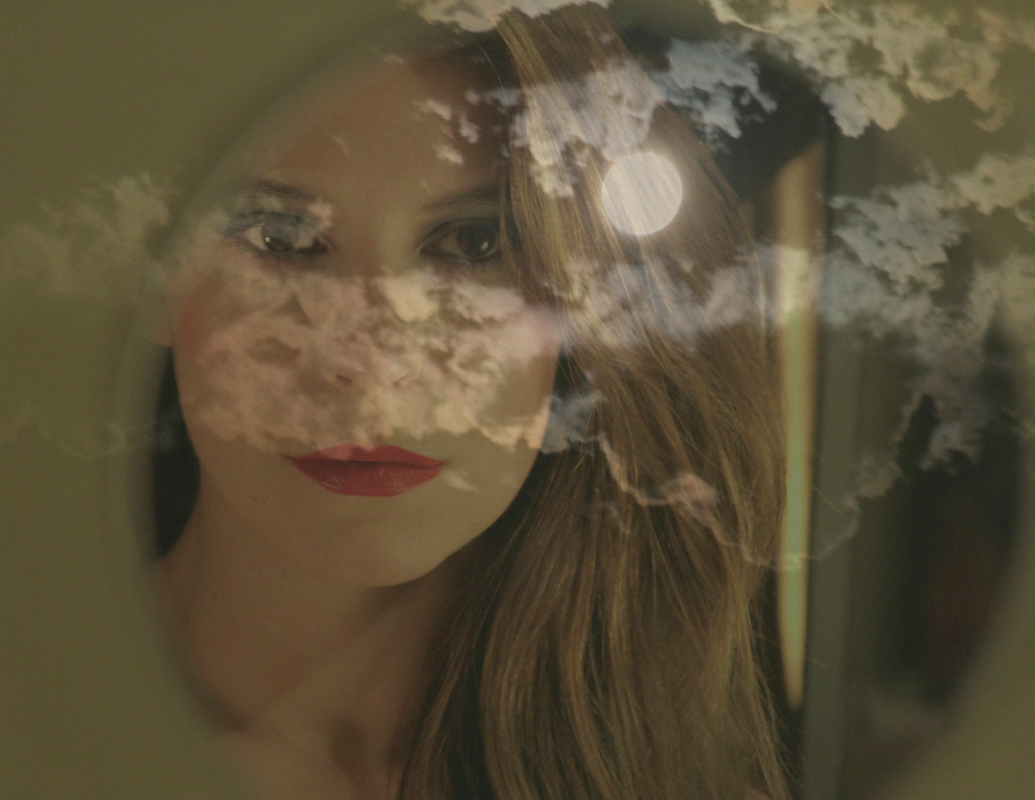
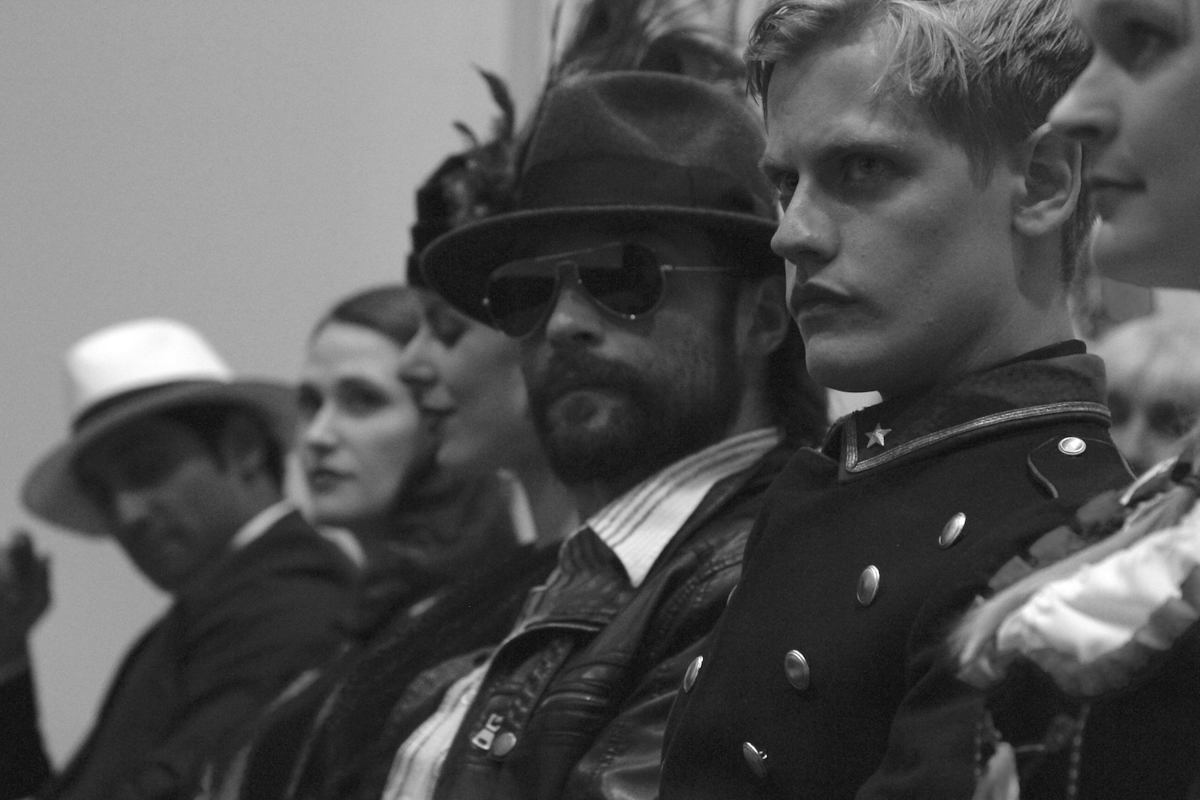
Woyzeck von SARAJEVO BY Kaca Celan
“Both Büchner and Celan depict a horrifying reality, but even more so than the German playwright, the writer from Vojvodina conveys this darkness poetically. If in Büchner’s version it’s the psychology that takes effect, then in Celan’s play it’s the mere circumstances that force her heroes to action. The scene sequence is visually powerful; it’s painful to endure the dialogues. However, “Woyzeck von Sarajevo” also represents the story of a city, where the “Bible and the Koran” embrace. And thus the play becomes a religious parable...”
Sybille Schiller, Augsburger Zeitung
“The device to perform theater within theater has illuminated a piece of contemporary history with respect to the essence. If in the history of literature Balzac is considered the author of human comedy, then Kaca Celan deserves the credit to have staged the human tragedy as a new genre, a collage of drama and reality, fiction and unvarnished truth. With an unbelievably sharp eye, she dissects the abyss of human soul until it is no longer tolerable, only bearable with the breaking of her omnipresent subtle humor.”
Bettina Macherey, Aachener Zeitung
